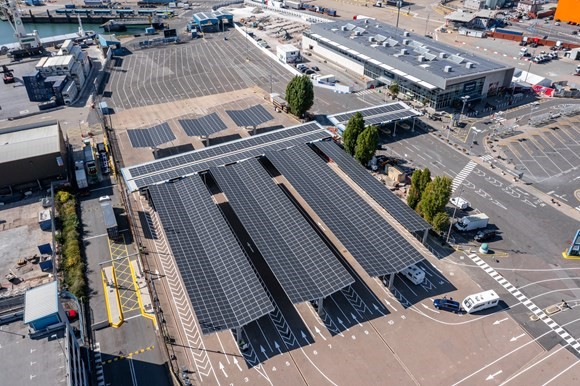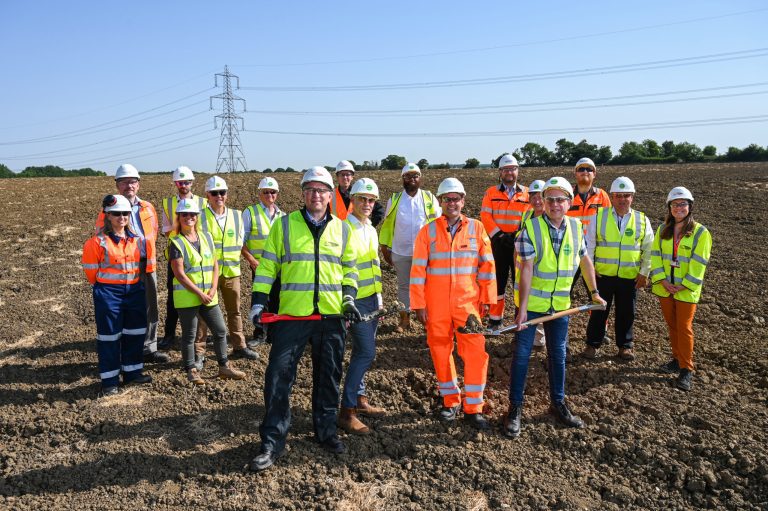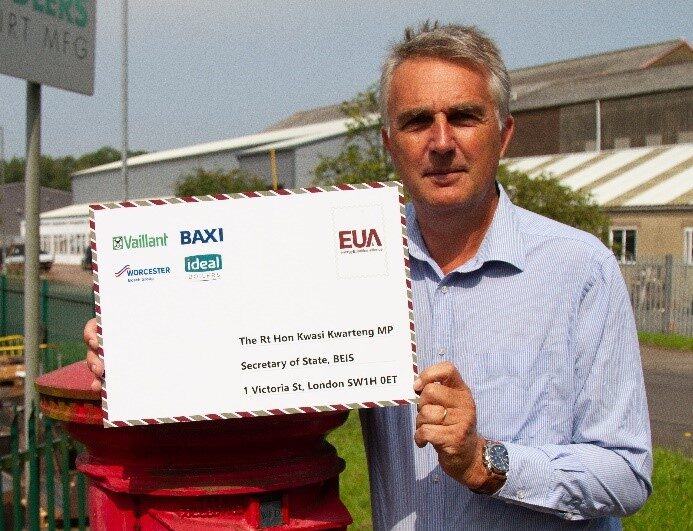Researchers at Queen’s University Belfast will play an integral role in a new £7.7m collaborative project, aiming to change how important parts of the UK’s infrastructure are monitored and maintained. Healthy infrastructure, which includes bridges, telecom masts and wind turbines, is critical to ensuring the continued functionality and growth of UK society and the economy. Unfortunately, monitoring and maintaining the buildings and transport network is expensive. In the UK, a backlog of maintenance works, which were identified in 2019, will cost £6.7 billion. With bridges, inspection is usually carried out visually by human experts. However, resources are stretched, so mistakes can be made. In a few extreme cases structural failure can result in fatalities. Collapse is not the only problem; extreme weather events driven by climate change can also test the performance of infrastructure beyond its limits. The offshore wind (OW) sector is another area for concern. OW has driven down energy costs and increased power output, pioneering a global change to clean energy. The UK leads globally in OW energy, providing almost one third of the UK’s annual electricity demand and helping meet the UK’s net-zero-by-2050 target. The drive for turbines in deeper water demands new ways of asset management, controlling and limiting operation/maintenance lifetime costs. As turbines increase in numbers, size, and capacity, these issues become even more important. To address the challenge and come up with innovative solutions, Queen’s University experts have joined a collaborative team of researchers and will work with the University of Sheffield, University of Cambridge and the University of Exeter, as well as key industry partners, including Northern Ireland’s Department for Infrastructure, Translink, Arqiva, Cellnex (UK) and Siemens Gamesa. The ROSEHIPS (Revolutionising Operational Safety and Economy for High-value Infrastructure using Population-based SHM) project aims to solve the infrastructure asset management problem in the UK for maintaining our infrastructure, such as bridges, via transformative new research to automate health monitoring. Instead of expensive scheduled inspections, diagnoses can be provided economically by permanently-installed sensors, collecting structural data continuously and interpreting it via computer algorithms. The researchers from Queen’s will focus on developing novel sensing – this will be customised for infrastructure and will help to overcome obstacles to the real-world implementation of the research. The project brings together expertise on bridge structural health monitoring from Dr David Hester and Professor Su Taylor from the School of Natural and Built Environment at Queen’s and sensor and embedded AI expertise from Professor Roger Woods in the School of Electronics, Electrical Engineering and Computer Science. Dr David Hester comments: “Our initial work developing innovative sensing solutions and our considerable body of bridge monitoring experience has provided a critical practical platform for this project. Through cutting-edge research, experts at Queen’s are continuing to develop solutions to real world problems on our doorstop, which has a positive impact right across the globe.” Professor Keith Worden, from the University of Sheffield’s Department of Mechanical Engineering, says: “Population-Based Structural Health Monitoring is a game-changing idea, emerging in the UK very recently. It has the potential to overcome current technological barriers and transform our ability to automatically infer the condition of a structure, or a network of structures, from sensor data.” Professor Gerard Hamill, Head of the School of Natural and Built Environment at Queen’s, said: “Queen’s University has a strong track record of undertaking world-class research applied to the solution of practical engineering problems. This project has the potential to radically change how we undertake structural health monitoring, with direct application to infrastructure in Northern Ireland through our links with asset stakeholders.” The EPSRC project will extend and exploit Population Based Structural Health Monitoring (PBSHM), which allows data from one structure, where its state is known, to be used to make inferences about another structure. The project will also develop machine learning, sensing and digital twin technology for automated inference of health for structures in operation now, and drive new standards for safer, greener structures in future. Building, Design and Construction Magazine | The Home of Construction and Property News














